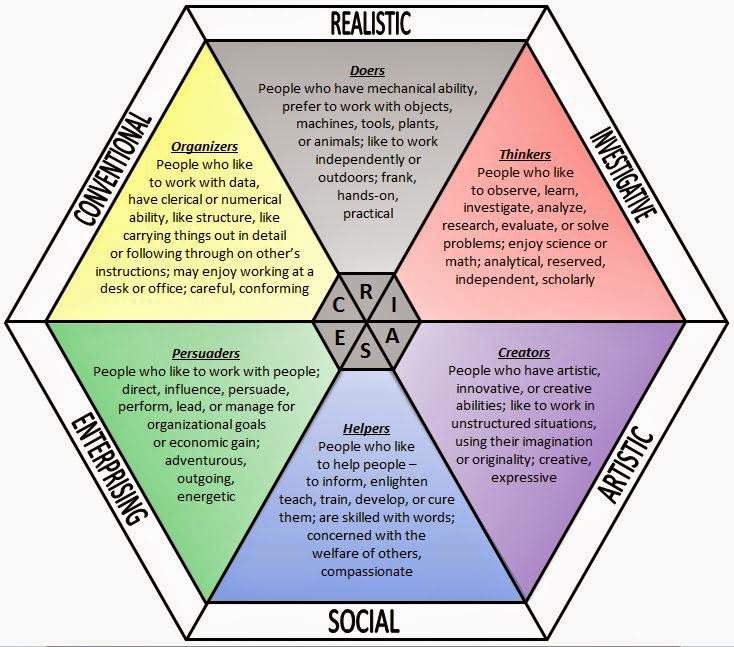Doing business is a great thing if everything runs perfectly. As we all know there is no such thing as a perfect way of doing anything. This is true in the business arena. Things are going to happen which is not in the best interest of the day to day operation of any business. Natural disasters such as hurricanes, tornadoes, floods, fire, and volcanoes can happen at any given time. Your business could be a victim of a serious data breach. All of the previously mentioned scenarios can seriously affect how business is run.
To counteract those on foreseen events every company should have a continuity disaster recovery plan.… Read the rest



